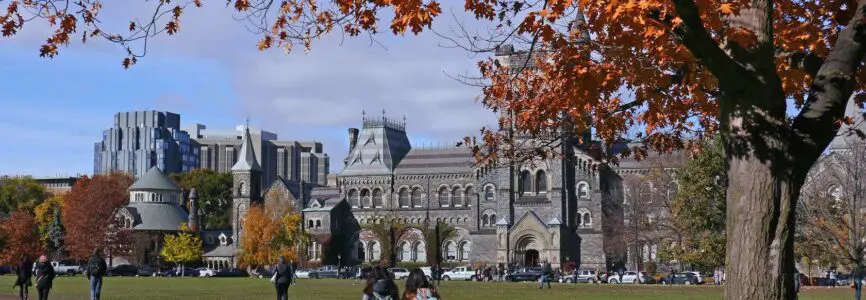Bioethics Forum Essay
A Student’s Perspective: Universities Must Require Vaccination
As a college student who works as an EMT and was a contact tracer at the height of the pandemic, I believe universities must universally require Covid-19 vaccinations. When I worked as a contact tracer, I saw firsthand the ways in which colleges became hotspots for Covid outbreaks, due to poor university planning, a lack of testing resources, and congregate living situations. This personal experience is supported by New York Times data, which found that “Colleges and universities [were], as a category . . . hot spots for virus transmission.”
As of July 30, more than 600 colleges and universities require Covid vaccination, but 11 states (Alabama, Alaska, Arkansas, Florida, Idaho, Kansas, Mississippi, Montana, North Dakota, South Dakota, Wyoming) have none that do so. Obviously, appropriate exemptions and accommodations should exist for medical reasons, but without college mandates (and greater immunization rates in the larger population), the risk for variants to surge and undo the hard work and sacrifices of the past 18 months dramatically increases.
In speaking with some college-aged friends, (who fall into the age bracket with the lowest vaccination rates in the country) I have heard their reasons for not getting vaccinated. It is not fear of the vaccines, but rather an idea of invincibility and the perceived hassle of getting vaccinated. Unfortunately, youth does not impart immunity from the catastrophic effects of Covid. I responded to an ambulance call from a 20-something student with Covid who was gasping for air. The prevalence of Covid infections and hospitalization rates is spiking in the under 30 age group, partially as a result of the Delta variant, which is even more transmissible than previous strains, and due to under-vaccination in this population.
The U.S. Surgeon General recently said that 97% of Covid hospitalizations and 99.5% of Covid deaths are among the unvaccinated, which in his words means that every Covid death is a preventable tragedy. However, the societal cost of the unvaccinated goes beyond individuals to everyone they come into contact with. As a contact tracer, I saw firsthand the ways in which college Covid hotspots seeped into the larger community. This risk has increased with the Delta variant which has exploited under-vaccination.
As the pandemic has disrupted college life, college students have not only experienced negative health effects of disease but have also been forced to take classes online, socialize remotely, and face an uncertain job market post-graduation. In addition, the pandemic also affected college students’ mental health, which took a decided turn for the worse. I observed this anecdotally through increased mental health call volumes during my EMT shifts as well as through my peers’ descriptions of how their own mental health has been affected by the bleakness and absurdity of the pandemic. This is supported by research–71% of college students surveyed in one study said that they experienced anxiety or depressive symptoms due to the pandemic.
Colleges play a central role in promoting upward mobility and fostering economic equality through education. As we think about the consequences of potentially sending students home a second time as a consequence of a new outbreak, we need to recognize the ways in which the pandemic has exacerbated inequalities especially for the most marginalized of students, including Indigenous, people of color, and low-income students. People from these groups have disproportionately borne the brunt of the pandemic (see here and here). College is hard enough in an ideal campus setting but it can become impossible in a challenging living condition, especially if online with unstable internet access as is faced by many low-income students.
Colleges and universities have an ethical obligation to protect the health and futures of both their students and the larger communities, in addition to promoting equality through education. This cannot be achieved without significantly alleviating the risks and fears of Covid on their campuses and within their larger communities, and the best and fastest way to achieve this is through near-universal vaccination leading to herd immunity. Covid vaccination must be mandated by colleges and universities to achieve this goal.
Caroline S. Beit is a junior at Yale University.













